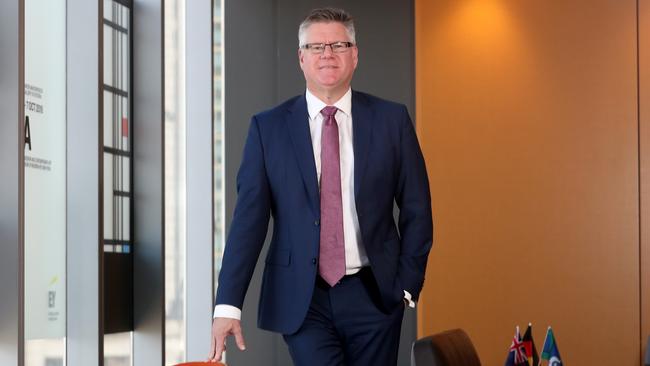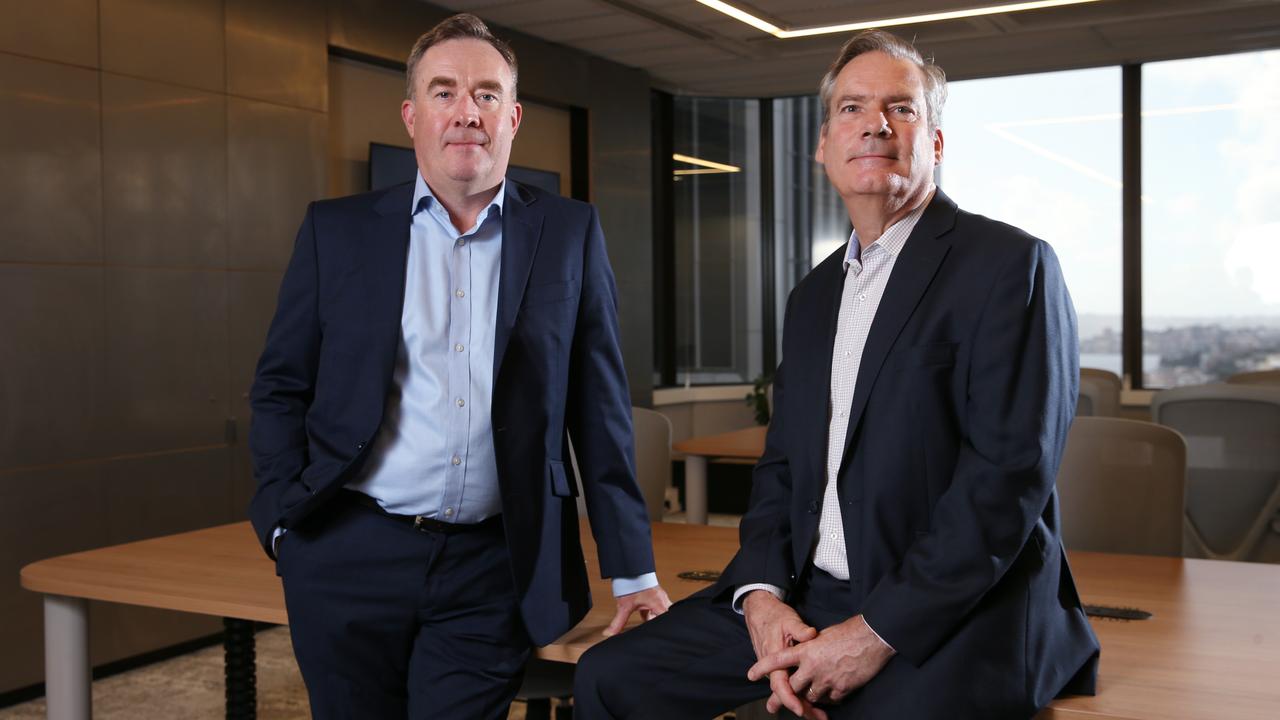Ernst & Young boss defends audit quality
‘Radical’ proposed reforms would lower auditing quality and increase costs, Ernst & Young’s local chief warns.

Ernst & Young (EY) Oceania CEO Tony Johnson has fired back at suggestions of conflicts of interest at major accounting firms and cautioned that radical and far-reaching policy changes would not only increase costs but also likely result in a decrease in audit quality.
Appearing at a hearing for the Parliamentary Joint Committee on Corporations and Financial Services’ inquiry into the auditing sector on Monday, Mr Johnson said he was confident in the quality of EYs audits, but admitted audit quality could be improved.
“We accept accountability, and support an appropriate response, where audits do not meet the required standards.
“We reject the suggestion there is a substantial and sustained problem with the regulation of auditing and audit quality in Australia. However, there is scope for improvement and included in our submission are nine recommendations to do so.
“The chair has previously noted some of the proposals for policy change submitted to this inquiry are radical and far-reaching.”
READ MORE: NAB disputes Henry claims | ‘Conflicted’: warning on big four auditors
Mr Johnson called for care to be taken when considering policy change suggestions “as they are not evidence-based, will increase cost, won’t improve audit quality and, in fact, are more likely to result in a decrease in audit quality because of unintended consequences”.
Mr Johnson appeared alongside a number of other EY partners at the hearing, including Glenn Carmody, Chris George, Leigh Walker, Scott Ward, and Sarah Lowe.
Responding to questions from Senator Deborah O’Neill, Ms Lowe, who is the lead auditor for NAB and signed off on the 2019 report for the bank, said the audit for the bank was very complex and occurred across the year.
Referring to an error made by NAB in 2018 in which it over-estimated its risk-weighted assets by $2.8bn, Senator O’Neill asked Ms Lowe when EY identified the discrepancy and if it was reported.
“The amount of $2.8bn is not material… it also wouldn’t require a restatement in the financial statements on the back of the volume of the error. In terms of the capital rules we undertook all of the necessary procedures and regulations and felt we reported anything that was required to be reported,” Ms Lowe said.
Ms Lowe’s comments echo NAB’s response earlier in the session to a similar question regarding the $2.8bn error.
Centring on potential conflicts of interest, Senator O’Neill accused EY of a lack of external transparency or reporting on auditing rules. “The public just has to trust you.”
Disagreeing with Senator O’Neill, EY’s regional independence leader, Leigh Walker, said the auditor was subject to review by regulatory bodies. She referred to the code of ethics auditors abide by.
Senator O’Neill suggested the relationship between EY and NAB was not independent or an “arm’s length relationship”.
Mr Johnson disputed the accusation: “I think our (CPS220) report stands, it can be seen to be objective, it’s a quality report.”
The CPS220 report is completed by the auditor to assess risk processes at the bank. It is done to improve the risk management framework of the institution.



To join the conversation, please log in. Don't have an account? Register
Join the conversation, you are commenting as Logout